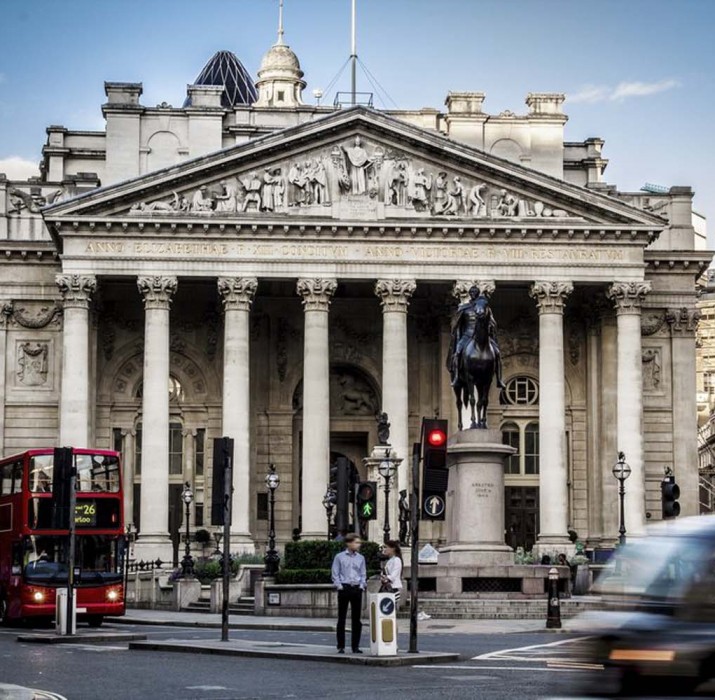Experts have warned of mortgage increases after the Bank of England hiked up interest rates to the highest level since 2008 amid soaring inflation.
Rates have risen from 4.25 per cent to 4.5 per cent, representing a 0.25 percentage point increase, as the Bank of England aims to bring UK inflation down to its 2 per cent target.
Thomas Jackson, Managing Director for Cooper Associates Mortgages, said the rise will affect the property market, with lenders already raising their rates.
Bank of England governor Bailey hinted at the possibility of further interest rate hikes in inflation continues to prove so stubborn, saying that there are still uncertainties in the outlook for the global economy.
He said the Monetary Policy Committee will continue to “monitor closely indications of persistent inflationary pressures … If there were to be evidence of more persistent pressures, then further tightening in monetary policy would be required”.
He said: “This next increase will have further consequences on homeowners and home buyers. Anticipating today’s rise, mortgage lenders have already raised their rates.
“Those on tracker mortgages and standard variable rates (SVR), are likely to see their monthly payments increase. The average SVR is now above 7%, its highest since 2008. Those on fixed mortgages are ok for the time being but anyone due for remortgage soon should put talking to a mortgage adviser to the top of their list. “
It comes as UK Consumer Prices Index (CPI) inflation remained firmly in double digits in March.
Will inflation decrease this year?
In February, the Bank of England said it expects inflation to fall sharply over the rest of the year from its current level of 10.1%.
However, the National Institute of Economic and Social Research (Niesr) forecast that inflation will remain persistently higher than expected over the rest of 2023, in a worrying prediction for under-pressure households.
In its latest set of projections, the forecaster said inflation is expected to drop from its current level to 5.4% by the end of 2023.
Inflation has rocketed over the past year on the back of spiking energy prices after the Russian invasion of Ukraine and more recent jumps in food costs.
Niesr said inflation will continue to cool but households will see a 0.7% drop in real disposable income over the year.
The predictions are significantly higher than those of the Government’s official forecaster, the Office for Budget Responsibility (OBR), which estimated in March that inflation would drop to 2.9% by the end of the year.
